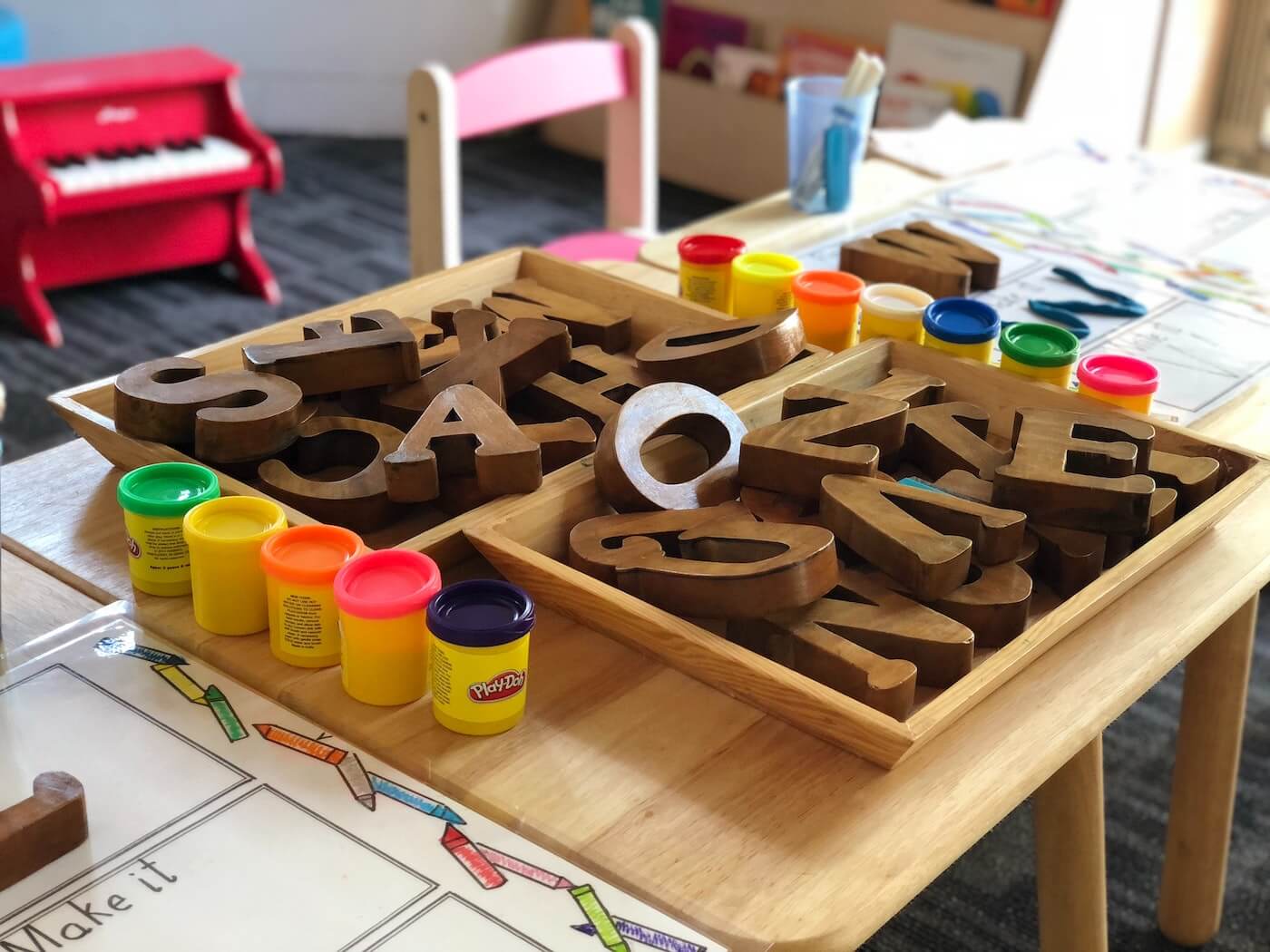Kids and infants with special needs and disabilities need to feel included in group care settings. The process of inclusion, be it at home or school, is meant to understand the exclusive requirements of a child with special needs and create suitable child care settings to create an appropriate environment for the child.
When ensuring a baby's special needs are met, it is essential to deal with empathy and compassion. Infants and toddlers with special needs need to grow in an atmosphere where they feel they belong and are included, like other kids. It is important for the little one to feel valued as a member of the group, encouraging him/her to make meaningful contributions to the group.
To ensure that your baby's special needs are met, you can follow these steps.
- Know the law
First things first, you should be aware of the laws related to your child’s condition. The Program for Infants and Toddlers with Disabilities (Part C) of the Individuals with Disabilities Education Act (IDEA) specifically focuses on babies with disabilities. The law categorically states that the baby's potential development should not be curtailed while the educational costs are reduced. You can visit the Early Childhood Technical Assistance Center (ECTA) to know more about what your state and region have to offer in this context, both in terms of policies and guidelines.
Remember that one central agency is responsible for overseeing the early intervention programs for toddlers and babies with special needs in every state. The law also states that babies with special needs should be supported in their natural environments, and the setting should be similar to the one that babies without special needs have.
- Your child care provider should be a professional
Ensure that the child care center has professional providers who specialize in handling babies with special needs. The professional should partner with the family to design a learning environment and program exclusive to the baby's strengths and interests. Since the kids in question are young, the program must be designed and planned carefully through constant communication between the provider and the family members. The purpose should be to make the infant feel included and welcomed. Take care to appoint professionals who have experience in handling infants with special needs.
- Providing appropriate care to the baby at home
One of the first things that parents need to do is start positive communication with the infant and continually interact with the child. It is important to be connected to the baby. From using physical touch to help the child understand different activities to observing the child so that parents can make meaningful interpretations, there is a lot to do.
Also, parents are responsible for ensuring that the baby is in a safe environment so that the little one feels both emotionally and physically secure.
An infant with special needs requires sensitive handling. Parents must make sure they adopt a flexible approach. As first-time caregivers to a child with special needs, this might be exceedingly taxing and demanding on you and your partner. It’s important to be kind to yourselves and learn as you go on this new journey. Keep practicing and do so consistently with the child to reinforce the learnings. When working with a baby with special needs, parents and caregivers need to have a positive attitude with zero prejudices. It’s a long road ahead, but as you and your child establish a healthy pattern of learning and growth, your child will find it easier to integrate with different circles.













Share: